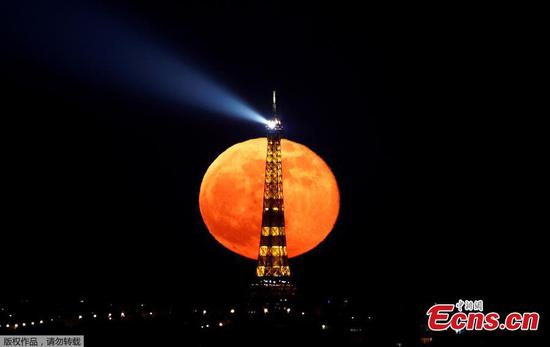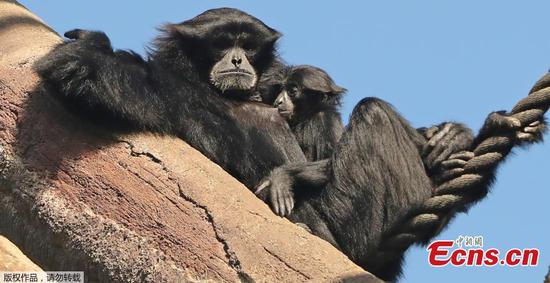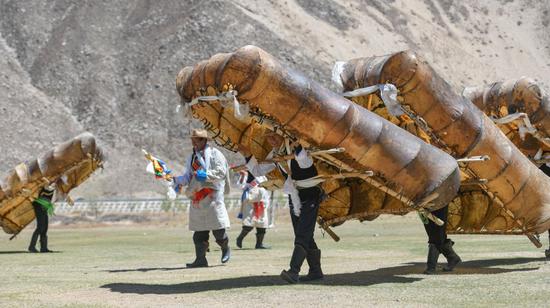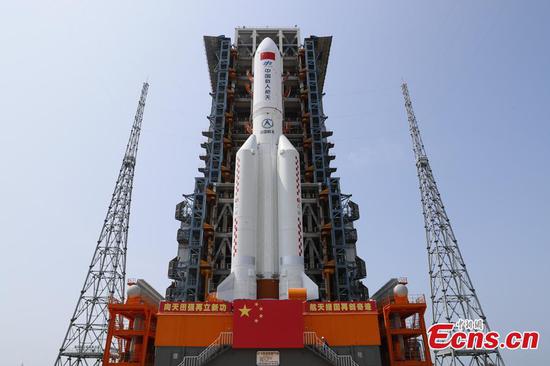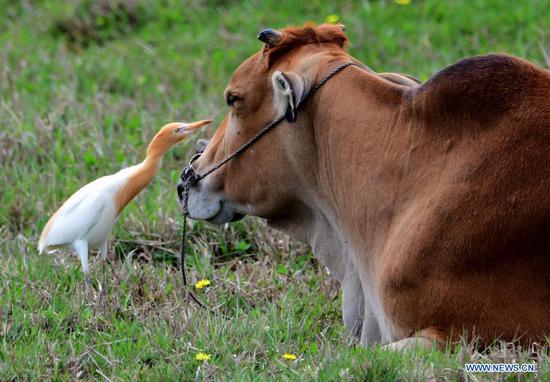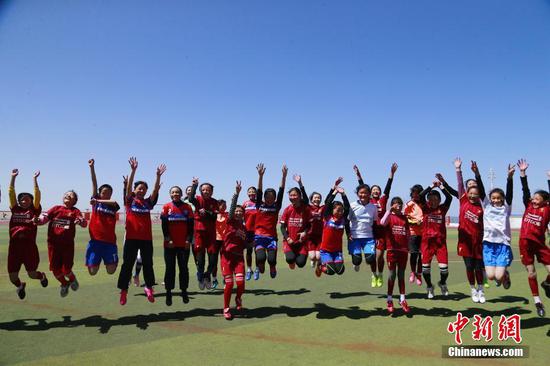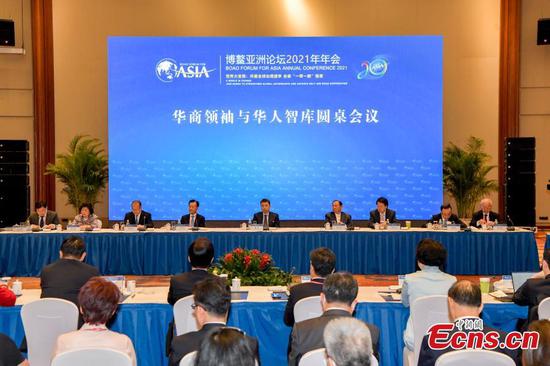
The West's well-orchestrated allegations of "forced labor" and "genocide" in China's Xinjiang Uygur Autonomous Region are glaringly hypocritical and clearly aim to obscure an ulterior motive, a Brazilian scholar has said.
In a recent op-ed headlined "Hypocrisy and geopolitics: A brief look at Uygurs in China," which was published by regional daily Estado de Minas, Sueli Vasconcelos, a professor of Geography and Socio-Environmental Geopolitics at Santa Marcelina College in Belo Horizonte, capital of Brazil's Minas Gerais state, uncovers the use of hypocrisy as a foreign policy tool to discredit a country with rapid development.
One of the most popular stories in the Western media is "the violation of human rights that is allegedly committed by China against the Uygur people in Xinjiang," Vasconcelos said.
"The accusers have a long record of human rights violations against Muslims and other peoples in various parts of the world," she noted, wondering why "the Western world was practically silent" in the face of the torture and prisoner abuse scandal committed by the US armed forces in Iraq's Abu Ghraib prison in 2004.
The United States used "torture and humiliation" against men, women and even children, many of them innocent, after its invasion of the Middle East country, yet "the fact did not provoke so much condemnation," said Vasconcelos.
Currently, the Western world also keeps silent over what is happening on the US southern border with Mexico, where immigrant children are forced to be separated with their parents, and are even arrested, the scholar added.
This type of selective defense of human rights makes a mockery of real humanitarian concerns, she noted.
The professor said that a country's foreign policies and strategies should be based on respect for all expressions of different cultures, religions, languages and traditions, noting that double standards over human rights issues should be stopped as they are hypocritical.
At the end of the article, Vasconcelos said the smear campaign on Xinjiang is a reflection of Western hawks' anxiety about China's growth.















